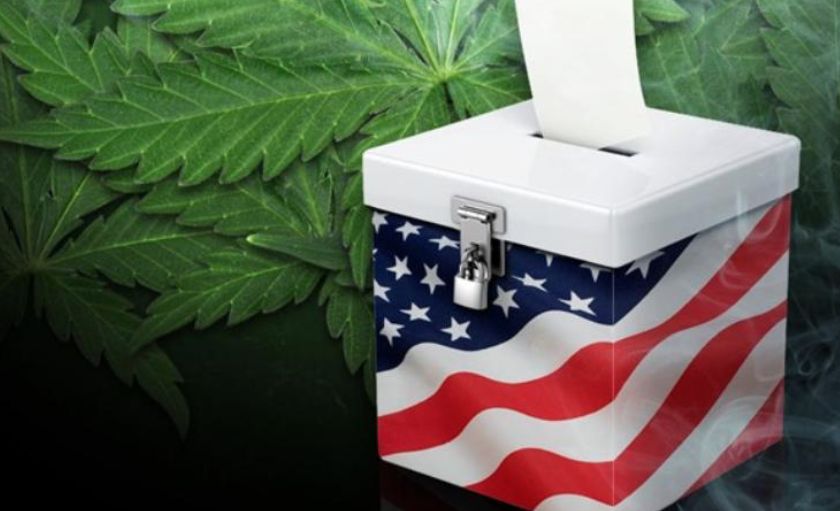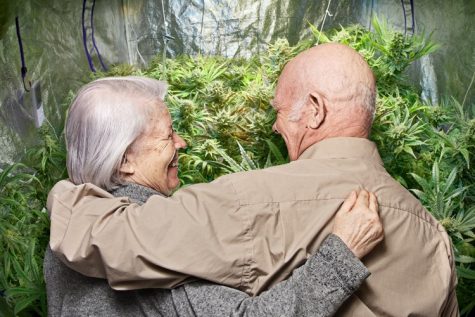Ohio may vote on legalization in 2018
Thor Benson / Cannabis News Box Contributor
Some Ohio residents are making a bold move by attempting to amend the state’s constitution to legalize social use cannabis in 2018. According to Dayton Daily News, two businessmen named Jimmy Gould and Ian James are trying to get an initiative on the ballot next year to legalize cannabis in that manner.
“We believe at this time that with proper funding and a paid signature gathering team, the proposed Regulate Marijuana Like Alcohol (RMLA) amendment will likely be on the 2018 ballot,” Leanne Barbee, the treasurer of Central Ohio’s NORML chapter, told Cannabis News Box. “The crafting of the language of the amendment will be the first big hurdle.”
Barbee said that the people behind the proposed amendment are currently reaching out to the public for opinions on what the language should look like. The two men behind it failed to get voter support for legalization when they got the issue on the ballot in 2015, but a lot has changed since then. Ohioans said in polls in 2015 that they support legalization, but there were also fears of cannabis monopolies starting in the state, so that may be part of the reason why efforts haven’t been successful yet.
“Voters have overwhelmingly supported the majority of marijuana reform efforts brought to the ballot, that did not grant licenses to a select few,” Barbee said.
The proposed plan, so far, would allow citizens over the age of 21 to purchase cannabis. It would essentially regulate cannabis like alcohol, and no public use of cannabis would be allowed. Essentially, it looks a lot like other initiative that have been approved by voters in other states.
“After this group’s failed attempt to legalize both medical and adult use in 2015 as Responsible Ohio, there is definite concern from voters and activists about the future of this amendment,” Barbee said. “Many are skeptical about their motive behind this release, since it was disclosed shortly following their announcement of a lawsuit based on a disqualification from a state issued Level 1 cultivation license. The largest concern is that this group will decide to not follow through with ballot placement pending the states response to allegations of corruption in the issuance of licenses.”
Barbee said she hopes Ohio legalizing would pressure lawmakers in the state to push for full legalization nationwide. We’re too far out to know if this measure will make it on the ballot and get approved by voters, but there’s a lot of interest in this effort so far.













